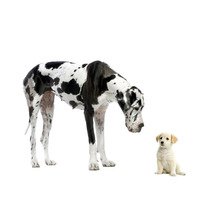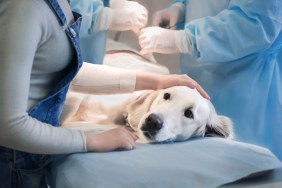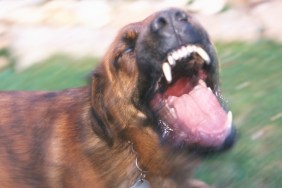Everyone feels bloated at times, and nobody enjoys it. Just like humans, dogs can become bloated for a variety of reasons. A major difference for your dog is that his bloat can quickly become a serious, even life-threatening condition, if left untreated.
Bloat occurs when your pet’s abdominal area fills with fluid, foam or excess gas. It can be the result of swallowing excess…








